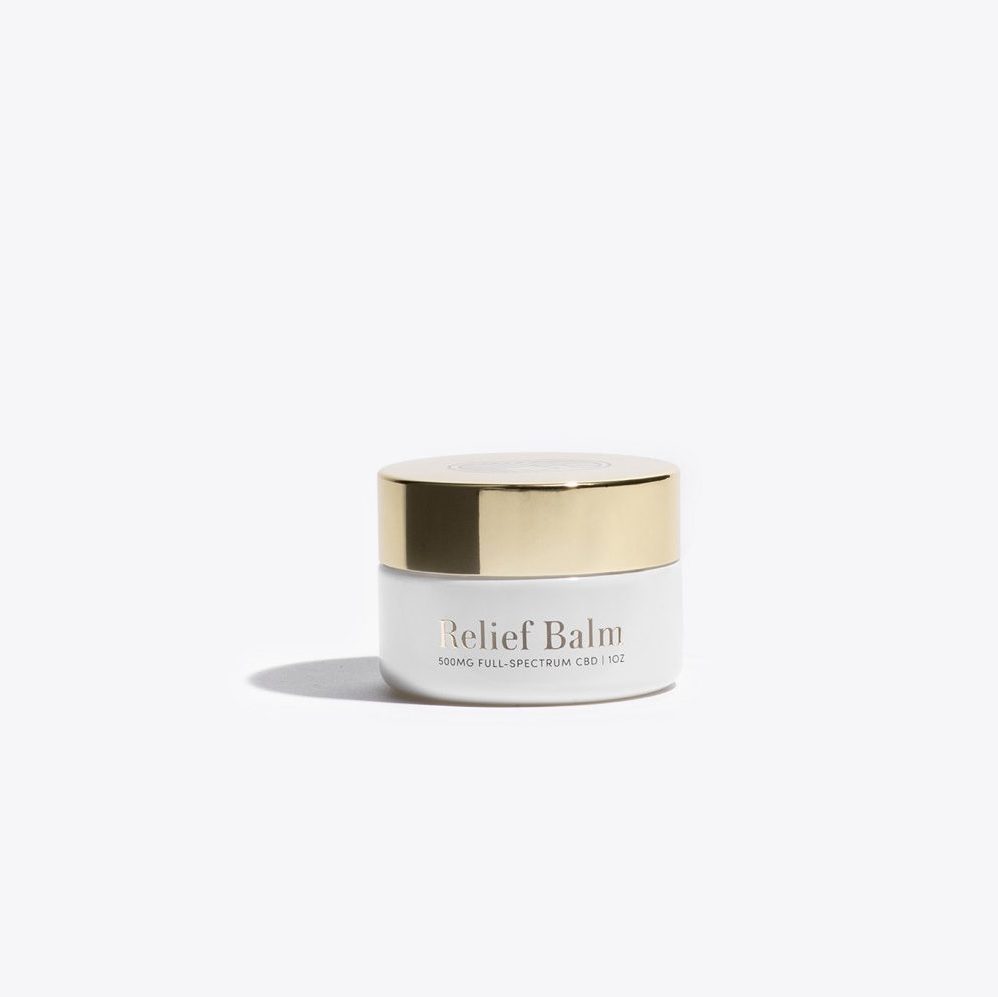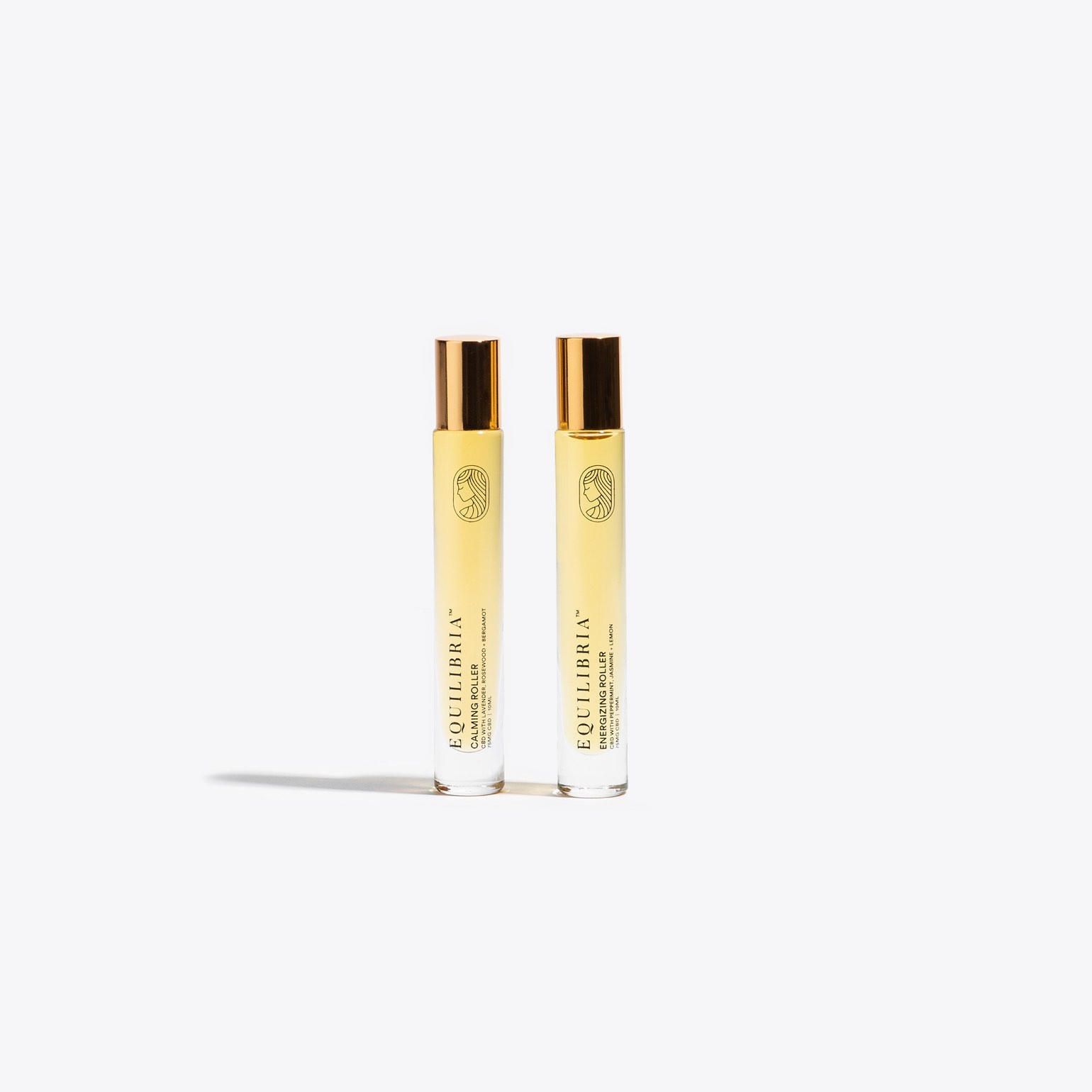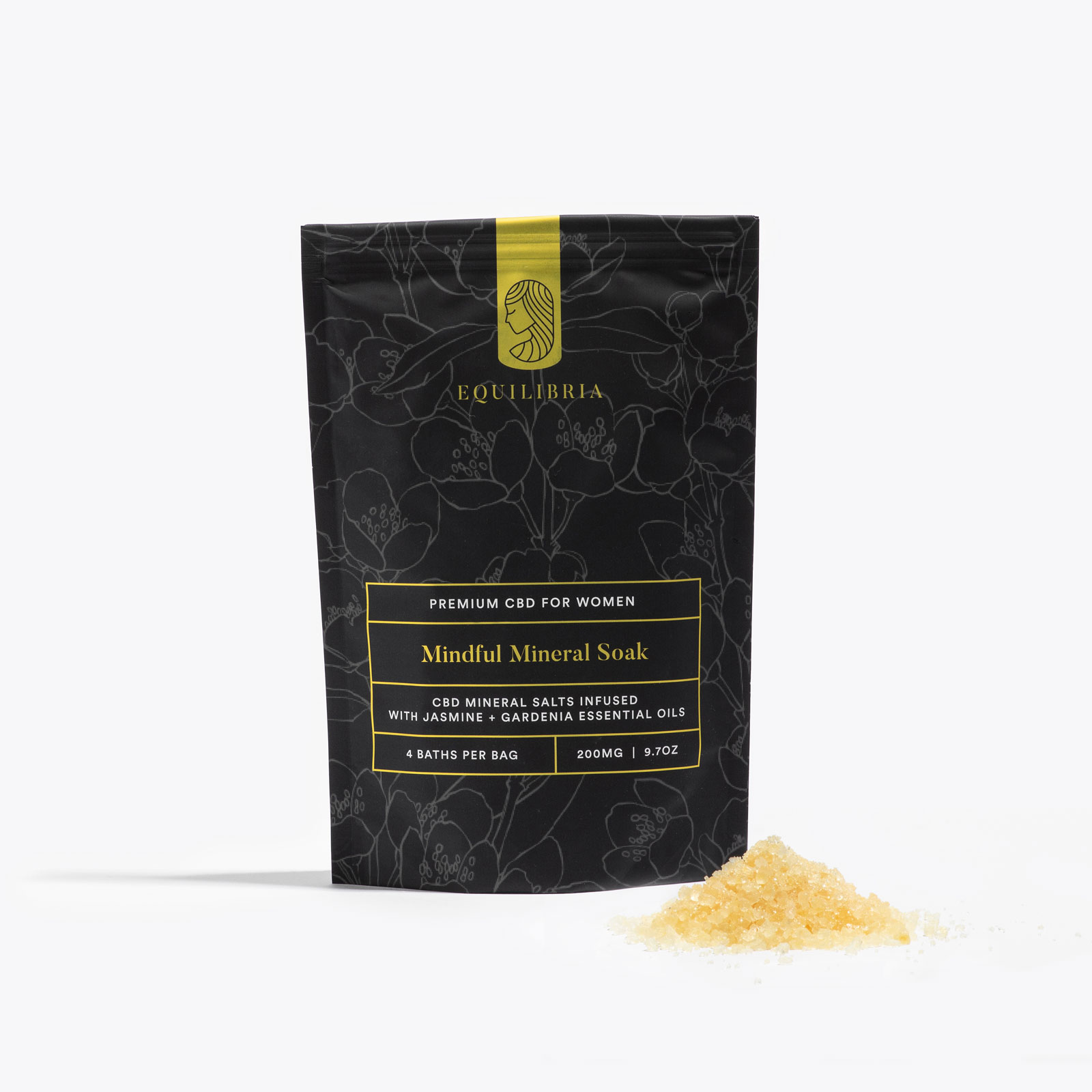


Fashion Can Be Self-Care
Fashion As Self-Care
Self-care, as defined by the Oxford Dictionary, is the practice of taking an active role in protecting one’s own well-being and happiness, in particular during periods of stress. Self-care is a tool to help us as life gets crazy. We’ve all had stressful circumstances in our lives that were unwanted, unplanned, and not fun to wake up to and face. How do we keep going? We spend time alone to journal, pray, read our Bibles… But what about when it’s hard to get out of bed? And you have to finish classes, get to work on time, take care of kids… There’s many techniques that you can read about in psychology and learn about in counseling and therapy. One of the tools I’d like to suggest to you is fashion.
There’s many reasons why fashion is a form of self-care. We live in a broken world. From the very beginning God did give Adam and Eve clothing as a protection. And to this day, clothing is a protection, a form of expressing ourselves without letting everyone know what is going on inside. Clothing is an emotional boundary in a way. I like to say it is a preview you give to the world about yourself. I have a habit of dressing up more when I feel stressed out. I look forward to a new makeup technique when I feel overwhelmed. There’s so much to be said about how emotions, how we are created, and what we wear go together. I am not just making this up, there’s Fashion Psychology behind this self-care method. Here’s an interesting fact about fashion psychology that you may not have known. It’s been around for a long time.
Fashion Psychology started in 1869 when William James started to write about the soul and identity. Although this was the time when psychologists were wanting to move away from the theological origins of the soul, and move towards a more evolutionalist thought on the soul and the mind, James talked about how what one wears shows a person’s individuality that sets us apart from animals. He was the first American psychologist to talk about Fashion of Psychology in his lectures and in his writings. He was a Harvard University lecturer after graduating from medical school in 1869. He wrote something called, “The Principles of Psychology” in 1890.
In an article by the US National Library of Medicine, National Institutes of Health (NCBI), titled “THE SARTORIAL SELF: William James’s Philosophy of Dress” Yale professor Cecelia Watson, Ph.d., says; “William James placed great importance on clothing, and this emphasis on apparel is reflected in his writings on psychology, in his letters, and in his own style of dress.” She continues, “James’s interest in the self-expressive aspects of clothing was reflected in his attire, his descriptions of colleagues’ clothing, his account book, and his chairmanship of Harvard’s Committee on Academic Dress.”
Here’s a few ways you can use fashion as self-care.
- Use fashion as a way to have fun in the morning.
When you have depression small tasks feel overwhelming. The more you can enjoy something like getting dressed in the morning the better. Doing one or two small tasks will set you up for the day and help you feel accomplished and ready for the other things you will face in your day. James talks about habits in his writings when he mentions fashion. He says that habits are the backbone of a person’s life. Create a fun, creative habit when you get dressed and let it be the start of your day.
- Learn something new about a makeup technique or a fashion trend.
Fashion is always changing. As humans, we should be changing and evolving too. Did you know that if you are experiencing depression type symptoms or you have been diagnosed with depression and anxiety, learning a new skill can help you on those low days? Teach yourself something new and creative when it comes to getting ready and you will be doing two things at once: getting ready for the day and teaching yourself a new skill.
- Express your unique self with fashion.
You are created uniquely and we should celebrate that. Fashion trends are fun, but there’s something about finding a print, item of jewelry, or something that just screams you. Finding clothes that are uniquely you will help your confidence, give you a boost of self-esteem, and minimize anxiety.
Getting dressed in the morning is a ritual we all do. It’s a habit that we participate in. “Habits, according to James, are a series of ‘muscular contractions’ which, when the command ‘start’ is issued by the mind, cue one another in proper order, like dominoes falling each in turn” (Watson, 2004). And getting dressed in the morning is one of these habits that we all do to start our day. Why not have some fun with it? Take it from James. He was known to be dressed casually for that day, but instead of fitting into a culture where individuality in fashion was frowned upon and thought prideful, James wore polka dotted ties during his lectures which was not popular during his time. “Self-remembrance and self-awareness—not ‘self-forget- fulness’—were at the heart of his style” (Watson 2004). Take away those two lessons from our first fashion psychologist. Getting dressed is a beautiful ritual, one that we can rely on, and base our day on. And fashion is to be an expression of our spiritual soul, self-awareness, and individuality. Self expression and the morning ritual of getting dressed are both reasons why fashion is a great self-care tool to put in your mental health tool box.
Sources
Watson, C. A. (2004). The sartorial self: William James’s philosophy of dress. History of Psychology, 7(3), 211–224. https://doi.org/10.1037/1093-4510.7.3.211






